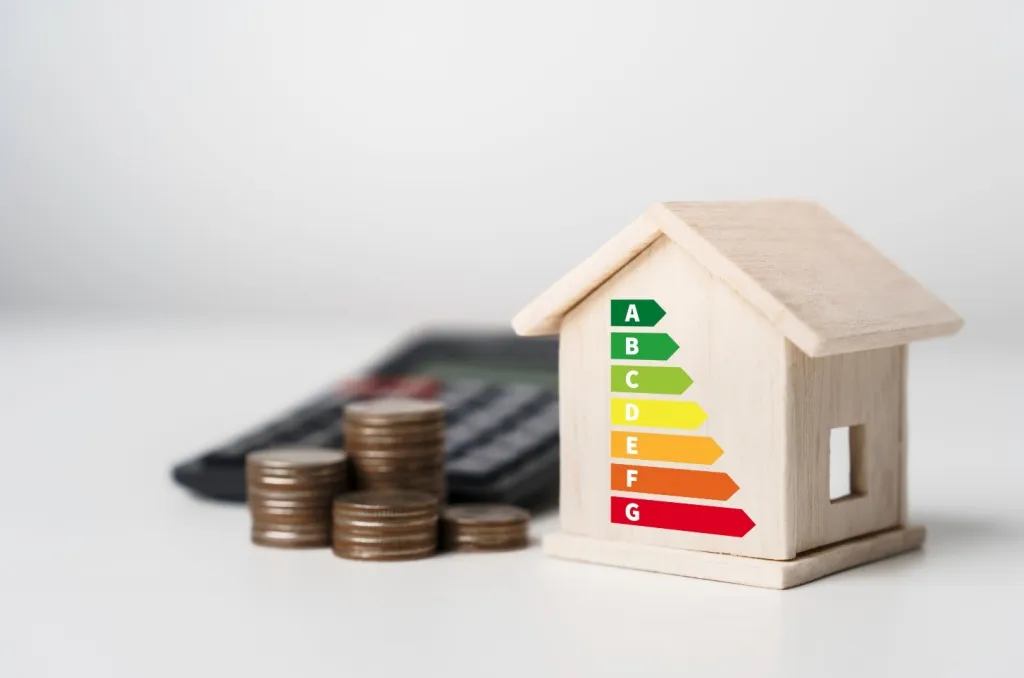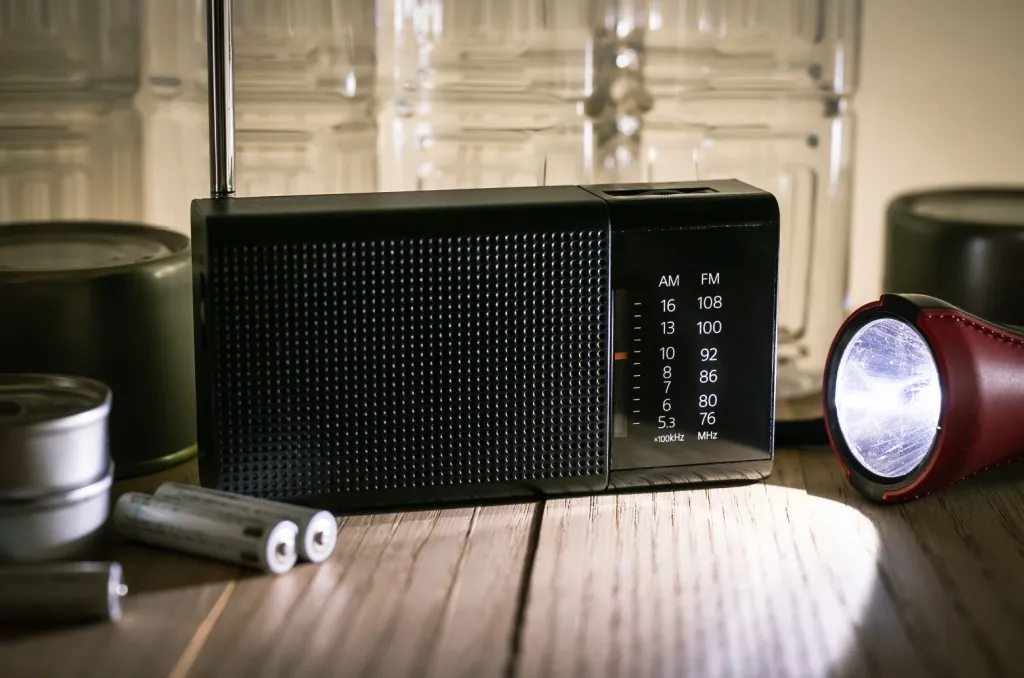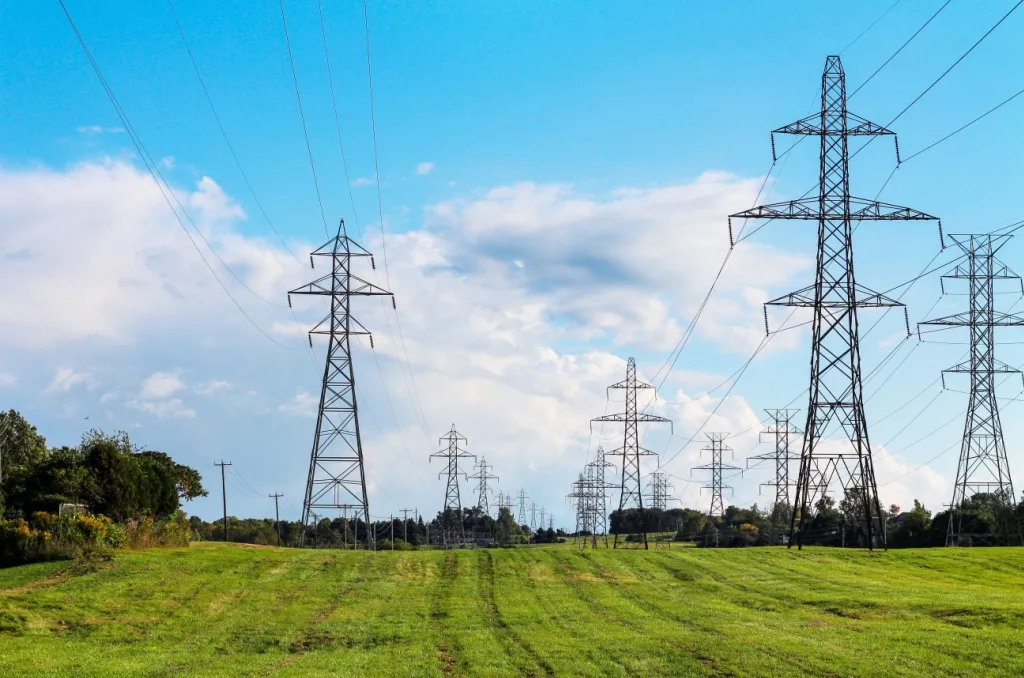When the lights suddenly flicker and your favorite show cuts off mid-scene, panic might set in for a moment, especially if you're renting and unsure whether it’s your problem or your landlord's.
Power outages can happen anytime, from blown fuses to neighborhood-wide blackouts. Knowing what to do when the power goes out can help you stay calm, safe, and comfortable until it returns.
This guide walks you through simple, practical steps every renter should take during a power outage and how to avoid complications later.
1. Stay calm and assess the situation
When your power goes out, start by figuring out the cause of the problem. Look outside:
- Are the streetlights off?
- Do you see lights in neighboring units or buildings?
If everything around you is dark, you're likely experiencing a local power outage rather than an issue specific to your apartment.
If only your unit has lost power, check your circuit breaker panel. Sometimes, the solution is as simple as flipping a tripped circuit breaker back to the "on" position.
When circuit breakers are at fault
Circuit breakers are small switches in your electrical panel that automatically shut off power when there’s too much electricity flowing through a circuit, preventing damage or fire hazards. For example, breakers can trip from using too many devices at once or a short circuit in one of your appliances.
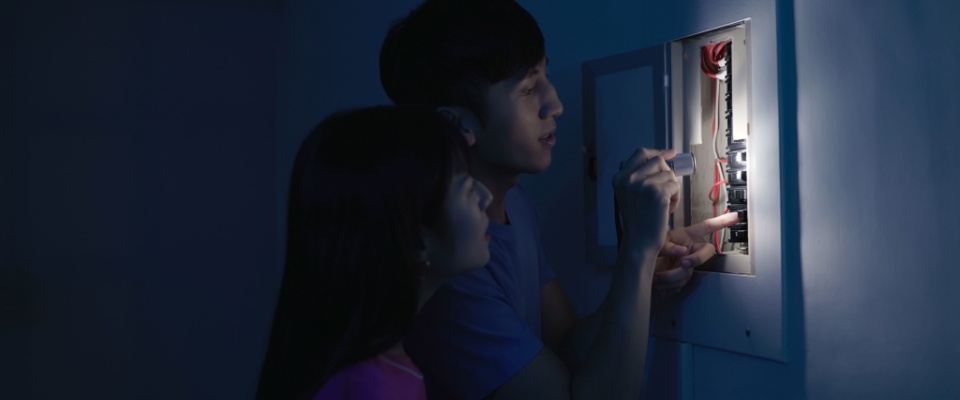
If you reset the breaker and it immediately trips again, unplug all devices and try once more. You may have a faulty appliance or wiring issue that requires professional attention.
If your breaker appears normal and the power remains out, contact your utility provider to report the outage or check their online outage map.
2. Know when to call for help
In some more serious cases, you may need professional help to avoid accidents. Contact emergency services (911) immediately if you observe:
- Sparks or electrical arcing
- Smoke or burning smells
- Any signs of fire
Contact your landlord or property manager if you suspect recurring electrical issues within your unit, such as power loss in only one room. Landlords are responsible for maintaining safe electrical systems in rental properties, and ignoring these problems can lead to more serious issues.
Contact your utility provider for widespread outages. If you have ResidentShield Power, you can report a power outage as follows:
- CenterPoint Energy: (800) 332-7143
- Oncor: (888) 313-4747
- Texas – New Mexico Power Company: (888) 866-7456
- AEP – Texas Central: (866) 223-8508
- AEP – Texas North: (866) 223-8508
3. Protect your electronics
Once you've confirmed there's an outage, unplug your electronics, especially sensitive items like televisions, laptops, gaming consoles, and kitchen appliances. When your power returns, it can surge suddenly and damage these devices. While surge protectors offer some protection, unplugging them eliminates this risk entirely.
Also, leave one light switch in the "on" position, so you'll know immediately when your power is restored.
4. Preserve food safety
Food spoils quickly without refrigeration, especially in warm weather. Avoid opening your refrigerator or freezer unless absolutely necessary so they can maintain safe temperatures.
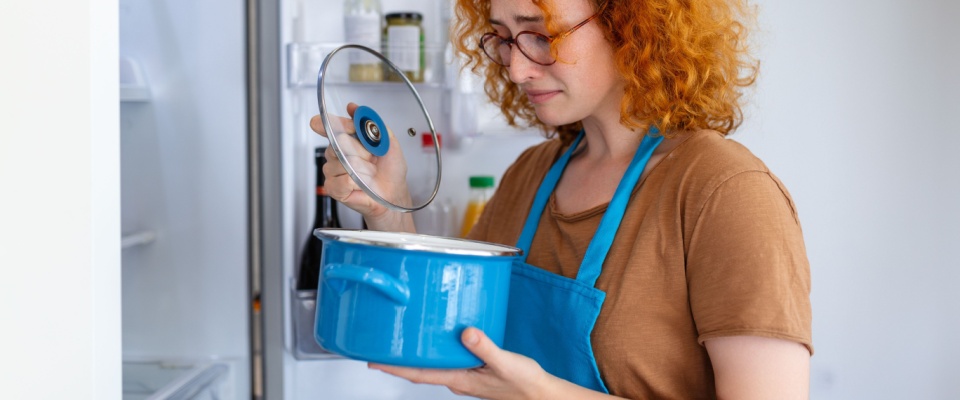
Here’s how long your food can last:
- Refrigerator: Keeps food cold for approximately 4 hours when unopened.
- Freezer: A full freezer maintains safe temperatures for up to 48 hours (24 hours for a half-full).
If you anticipate a lengthy outage, transfer essential perishables like milk or deli meat to a cooler with ice to extend their freshness.
5. Use safe lighting
Candles may seem convenient, but they pose a significant fire hazard in apartments. Instead, rely on flashlights, headlamps, or battery-powered lanterns. Include them in your power outage emergency kit and store them in easily accessible locations rather than buried in closets.
Your smartphone's flashlight function may be a good temporary solution, but it’s important to conserve battery power for emergencies. Before big storms or anticipated outages, make sure you fully charge your portable chargers and power banks.
6. Stay informed
When safe to do so, use your phone to check updates from your local utility company or city emergency management office. Follow official sources for accurate information about the outage cause and estimated restoration time.
7. Keep your apartment at a safe temperature
Without electricity, your heating or cooling systems won’t work, so indoor temperatures can rise or drop faster than you’d expect.
Here’s what you can do to stay safe and comfortable:
- Hot weather: Stay hydrated and keep window coverings closed to block sunlight.
- Cold weather: Layer clothing and close doors to contain warmth in one room.
When the power returns
Electricity
Don't reconnect everything simultaneously. Turn on devices gradually to avoid overloading your electrical system.
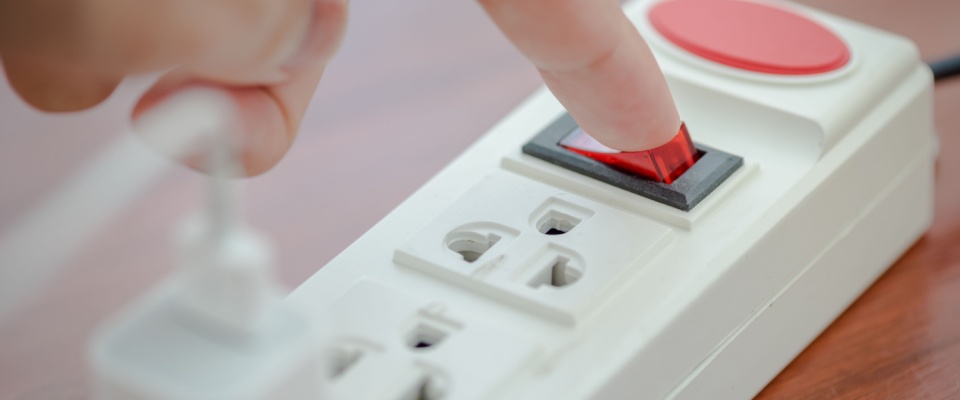
If you notice flickering lights or unusual sounds from outlets or appliances, report them immediately. These signs may indicate electrical damage from power surges.
Food
Inspect refrigerated and frozen items. If food feels warm or has an unusual odor, discard it. Perishable items can become unsafe after just a few hours without proper cooling.
Power outages are an inevitable part of modern life, especially in urban areas and apartment complexes. However, they don't have to create chaos.
Understanding what to do when the power goes out helps you protect your belongings, maintain comfort, and stay safe until electricity returns. With a bit of preparation, you can handle any blackout calmly and confidently, and you may even appreciate the unexpected quiet time.
Key takeaways:
- Stay calm and determine if the outage affects just your apartment or the entire building.
- Keep essential items like flashlights, power banks, and non-perishable food readily available.
- Protect your electronics and food from damage or spoilage.
- Know when to contact your landlord, utility company, or emergency services.
Frequently asked questions
If the outage affects only your apartment or specific rooms, contact your landlord immediately. For building-wide issues or neighborhood blackouts, wait for utility company updates first.
This depends on your lease terms and local laws. Frequent outages caused by faulty wiring or poor maintenance should be documented and reported to your landlord. Consult your local renter’s rights resources for guidance.
Use power banks, car chargers, or solar-powered chargers. Conserve battery by disabling Wi-Fi, reducing screen brightness, and closing unnecessary apps.


